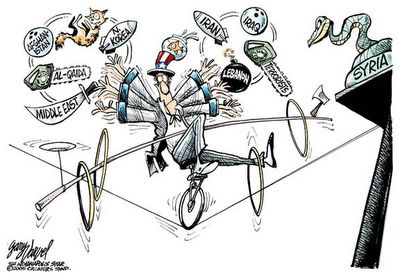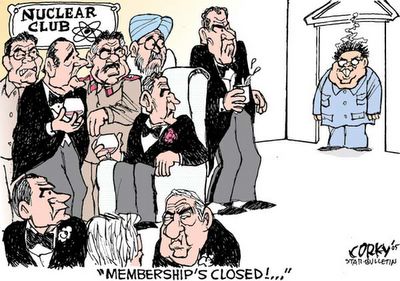"The Disease of Desperation"
In Sunday’s Los Angeles Times, a front-page story described in heartbreaking detail the desperation that drove one man, Tom Hill, into the deceptive arms of a company that promised him injections of stem cells to cure his ALS (amyotrophic lateral sclerosis, also known as Lou Gehrig’s disease). He is dead now; his family, while wrestling with grief, is also dealing with the waste of more than $10,000, paid out to a company called BioMark (although some of that money was recouped), and the lingering residue of dashed hopes. Grief is hard enough without the bitter aftertaste of betrayal by people who apparently think nothing of exploiting the desperation of others.
...
Desperation is a disease too, one that we will probably never find a cure for because it’s encoded deep within us. When confronted with the untimely ravages of disease or injury, we fight to recover. It’s human nature to want to live, to want to be healed of what is taking our own life or the life of a loved one. Faced with a terrifying diagnosis, logic crumbles. We reach for anything that promises a reprieve.
...
As long as the true potential of stem-cell treatment is delayed, blocked and hampered by the government, people will in their desperation reach for whatever they can find. They will empty out their life savings, leave their families burdened with debt, all in the desperate attempt to live a longer life, to be free of disease. To see their children get married, to meet grandchildren who haven’t been born yet, to walk along the beach with their spouse or partner, to wake in the morning without pain or medicine or fear.
...
Bush apparently feels comfortable and justified in allowing clusters of cells—the result of in vitro fertilization procedures—to be destroyed rather than allow them to be used for potentially life-saving research. We know already some of the miraculous characteristics of embryonic stem cells; the miracles we don’t know about are waiting to be discovered. According to the president, his position is a religious one. These cells could possibly become human beings. But they never will. They are being destroyed, routinely and frequently. That’s the part you don’t hear about in the president’s press conferences or in the State of the Union addresses.
The cost of this administration’s heartlessness will be measured in lives. Not only in the lives of people battling fatal illnesses or spinal cord injuries, but in the lives of family members and loved ones, who watch helplessly as bank accounts are drained to finance the desperate hopes of someone who simply doesn’t want to die yet. It’s doubtful that any of them will be comforted by religious homilies coming out of the White House.
>> Commentary, "The Disease of Desperation"
It's odd but I don't feel surprised by what some businesses are doing to desperate people decaying from disease. I guess because my whole philosophy infers that such deceptions in various areas are common place anyway, just from the "immoral" way some or many people are (I say "or" because of the subjectivity of what is "moral" in various eyes).
But the authors' assertion that it's happening because the government has banned research is false, I believe. This would be happening even if the government approved and funded extensive stem cell research. There are just plenty of people out there with the flexibility in "morals" to provide them an inclination for such deception for profit. "The 'Disease' of Deception and Dishonesty."






